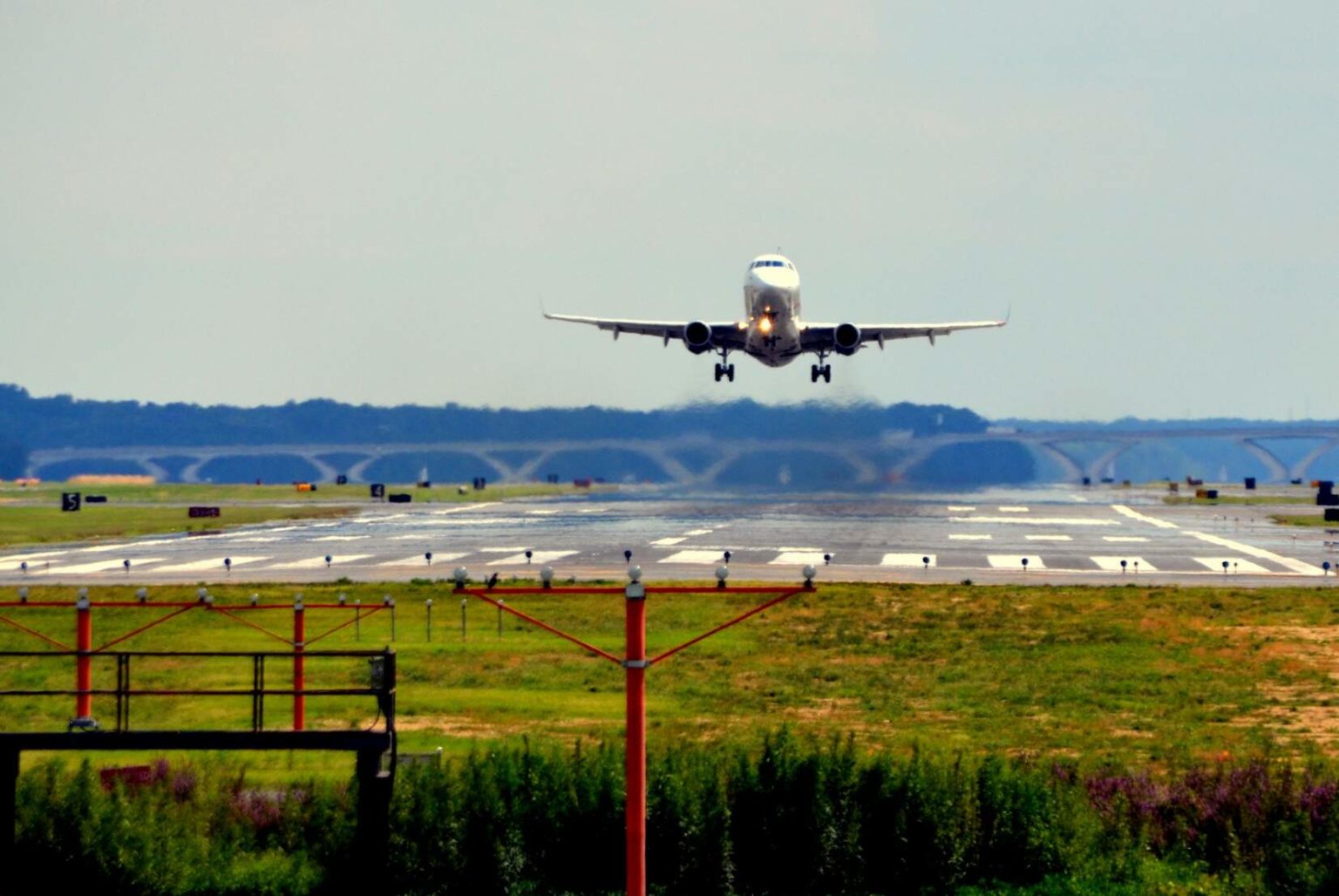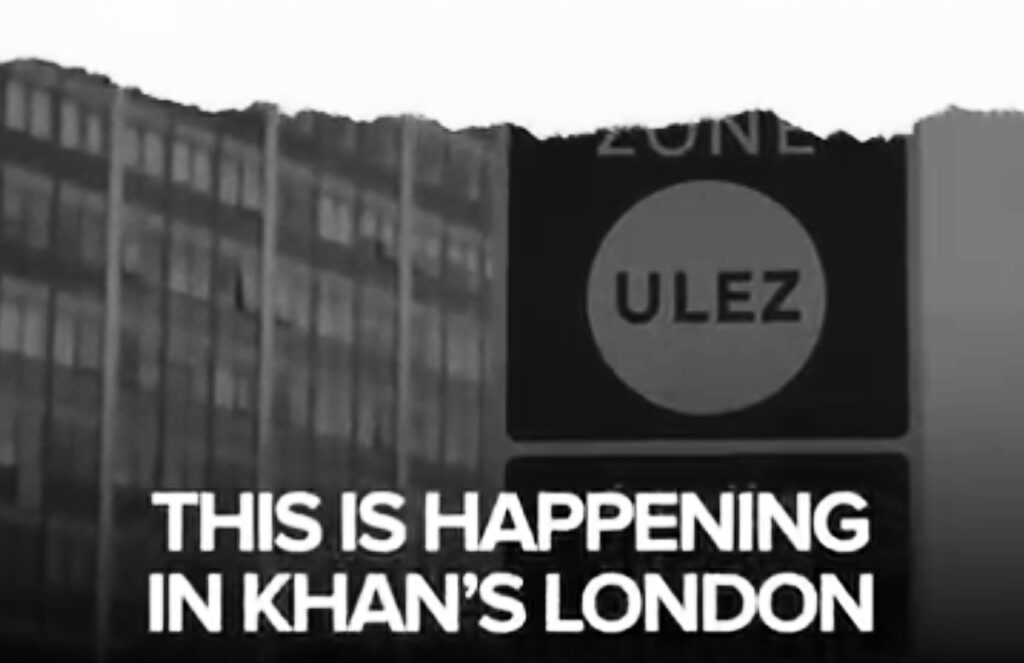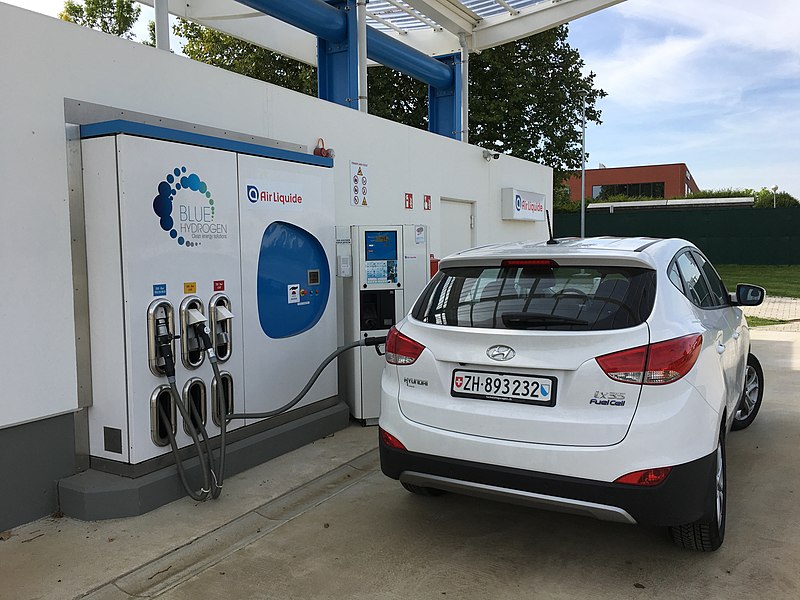Aviation has been one of the sectors worst hit by the fallout from the COVID-19 pandemic. With revenues expected to drop by 44 percent this year, many airlines will go bankrupt without government aid, airline trade body the International Air Transport Association (IATA) has warned.
Across the world, the industry is now asking for huge sums of government money to help it get through. IATA says $200 billion is needed globally. Many consider bailouts of some kind are essential to support those working in the airline industry and avoid throwing them into economic insecurity.
But some, frustrated that the aviation industry has delayed serious climate action for decades, have argued that any government aid should include obligations for airlines to clean up their act post-crisis.
Trade groups
IATA has been clear no strings of any kind should be attached to relief for airlines, including climate measures.
“We are in an emergency situation,” Alexandre de Juniac, chief executive of IATA, told reporters last week. “It’s no time for requirements. I’m sorry for that. We need a full speed massive rescue package now.”
Asked by DeSmog about the push by green campaigners for any financial support, loans and tax relief to include a requirement for more action by airlines on climate change, IATA said the industry has a long-term strategy in place on emissions but the current focus of the industry is getting through “this potentially existential crisis”.
“The connectivity that aviation provides will be critical in kick-starting the global economy – we need to have stable airlines in order to drive investment in new technology and cleaner fuels,” a spokesperson said.
Like what you’re reading? Donate to DeSmog and DeSmog UK today!
The Air Transport Action Group (ATAG), another aviation industry body, likewise said the focus needs to be on the survival of the industry, its jobs and “the vital connections it provides to families, businesses and communities”.
Climate measures such as new technology, sustainable fuels and a new international offsetting mechanism for some aviation emissions will play a role in the future, it told DeSmog. “But in order to make any of that happen, we need a healthy and sustainable industry to begin with.”
Through trade bodies such as ATAG and IATA, airlines have pledged to cut their emissions by 50 percent by 2050. But action to meet these goals is thin on the ground: aviation emissions continue to rise fast with little widespread investment into cleaner fuels or other ways to cut aircraft emissions.
A US senate package last week agreed to provide $58 billion in loans and grants to airlines, as well as $17 billion for aircraft manufacturer Boeing. No environmental conditions were attached.
Democrats in the US initially proposed a bailout bill with a variety of climate measures, including requirements to offset all domestic flights by 2025, half emissions by 2050 and disclose the emissions of individual flights to ticket holders.
But airlines pushed back on such terms. US trade body Airlines for America (A4A) told Congress that conditions on government loans could render them “unusable”, noting bankruptcy is a “more attractive” option in the US.
Airlines to US: We’d go bankrupt before accepting labor and environmental conditions in a bailout. https://t.co/O4tWCPcRiV
— Dan Rutherford (@rutherdan) March 27, 2020
None of the Democrats’ climate proposals made it into the final bill, to campaigners’ disappointment.
“We felt that if they were going to get this enormous amount of money, three times what US airlines got in the wake of the September 11th tragedy, that there should be some conditions to it,” says Annie Petsonk from the Environmental Defense Fund. “Namely that they should be able to expect that the airlines will meet the commitments they’ve already made.”
However, Petsonk says airlines may have taken note of the prevalence of climate change in the Democrats’ proposals.
“I think that the airlines are definitely aware now that the environmental community is going to try to hold them to the commitments that they’ve made,” she says, noting further stimulus packages could offer other opportunities for climate measures. “Once the world gets to the other side of the coronavirus crisis, then there’ll be elections and a new Congress.”
Dan Rutherford, program director for aviation at the International Council on Clean Transportation (ICCT), says it is only reasonable to require bailed out companies to contribute to the social good, including on climate change.
“There’s still not a single federal policy to control greenhouse gases from aviation on the books today,” he told DeSmog. “It is quite correct right now to focus on maintaining employment first, but climate change is a key, long-term challenge that the aviation industry has not risen to during the boom years.”
Green strings
On Monday, a group of 26 civil society organisations including Greenpeace, Friends of the Earth and the New Economics Foundation wrote to the UK’s chancellor demanding that any bailout should support workers in the sector, reduce local air and noise pollution, and address carbon emissions.
“To date, aviation has been a ‘rogue’ sector on tackling the climate emergency, with high carbon growth plans jeopardising the UK’s ability to meet our national and international commitments,” the letter read. “The continuation of this behaviour must not be enabled with public money.”
But, so far, so-called green strings have been largely absent from government bailouts.
Italy announced plans to nationalise its flagship carrier Alitalia, with a new decree allowing the government to establish a new company to take control of the loss-making airline. It had already been run by state-appointed administrators since May 2017.
Meanwhile, troubled budget airline Norwegian Air was promised £230 million in government financial aid, contingent on the airline convincing commercial lenders to supply further money. The airline had previously temporarily laid off 90 percent of staff.
In the UK, airlines qualify for the government’s job retention scheme, which will temporarily cover 80 percent of staff wages up to £2,500 per month. But Virgin Atlantic has also asked the government for an extra £7.5bn in immediate support for the industry.
The company is expected to ask for a bailout for itself in the coming days, and has reportedly launched a frantic lobbying effort to secure this money – despite asking staff to take eight weeks of unpaid leave. Virgin Atlantic did not respond to DeSmog’s request to comment on this story.
After initially indicating the sector would receive special treatment, the UK government last week ruled out an industry-wide bailout. The chancellor, Rishi Sunak, told airlines they may still discuss bailouts with individual firms “as a last resort” once all commercial avenues have been explored.
Easyjet’s recent decision to proceed with a multi-million dollar dividend payout to shareholders appears to have played a part in hardening the government stance. US airlines who pushed for a bailout have likewise handed out billions to shareholders over the past years.
Bounce back
One key concern is that aviation emissions will ultimately continue to rise once lockdown conditions are lifted. The industry has spent decades failing to tackle ballooning emissions that threaten the Paris Agreement goals, which is why campaigners are seeking more concrete assurances action will be taken.
The Stay Grounded Network, a global network with over 150 member organisations, sets out three key principles for aviation bailouts: protect incomes for workers, provide government support for a just transition towards climate-safe mobility, and stop tax exemptions for aviation.
“We have to take care that this current situation doesn’t lead to a dangerous climate backlash, with the aviation industry pushing for even lower environmental standards,” Magdalena Heuwieser, a campaigner with the group, told DeSmog.
Former EU climate commissioner Miguel Arias Cañete likewise has said any bailouts must come with climate conditions to reduce future climate impact to avoid carbon dioxide emissions rising after the recovery.
The aviation industry, meanwhile, is pushing for terms that will allow it to go back to full growth. UK-based lobby group the Airport Operators Association has told the government it should suspend Air Passenger Duty (APD), one of the only taxes on aviation in the UK, for six months once the pandemic is retreating in order “help kickstart aviation again”.
It’s important measures like these are avoided, Tim Johnson, director of the Aviation Environment Federation, told DeSmog. “We want to avoid any rescue initiative that artificially stimulates the market.”
Campaign group Transport & Environment (T&E) says airlines need to be made to start paying fuel taxes and use cleaner fuels to stop pollution rising again once COVID restrictions are lifted. Passenger numbers have repeatedly broken records in the aftermath of global shocks, such as the 2008 financial crisis and the September 11 attacks, it says.
“We’re not saying introduce fuel mandates and environmental taxes today,” Andrew Murphy, manager of aviation at T&E, told DeSmog. “But what we are saying is there needs to be an understanding that the [bailout and green measures] are connected in the long run.”
What aviation industry groups are saying about ‘green strings’ in COVID-19 rescue packages
International Air Transport Association (IATA):
- Is adamant there should not be any green strings attached to bailout packages;
- Is calling for an industry-wide rescue package to allow operators to return to previous levels of activity;
- “We are in an emergency situation,” Alexandre de Juniac, chief executive of IATA, told reporters last week. “It’s no time for requirements. I’m sorry for that. We need a full speed massive rescue package now.”
Air Transport Action Group (ATAG):
- Says focus needs to be on the survival of the industry, its jobs and “the vital connections it provides to families, businesses and communities”.
- Climate measures such as new technology, sustainable fuels and a new international offsetting mechanism for some aviation emissions will play a role in the future, ”but in order to make any of that happen, we need a healthy and sustainable industry to begin with.”
Airlines for America (A4A):
- Says adding conditions to government loans could “render the loans unusable”;
- Told Congress that bankruptcy may be a more attractive option because of the options afforded to companies in that eventuality under US law.
Airport Operators Association:
- Calls for a suspension of Air Passenger Duty for six months to “help kickstart aviation again once the pandemic is retreating”
Image credit: Peter Griffin/Public Domain
Subscribe to our newsletter
Stay up to date with DeSmog news and alerts






